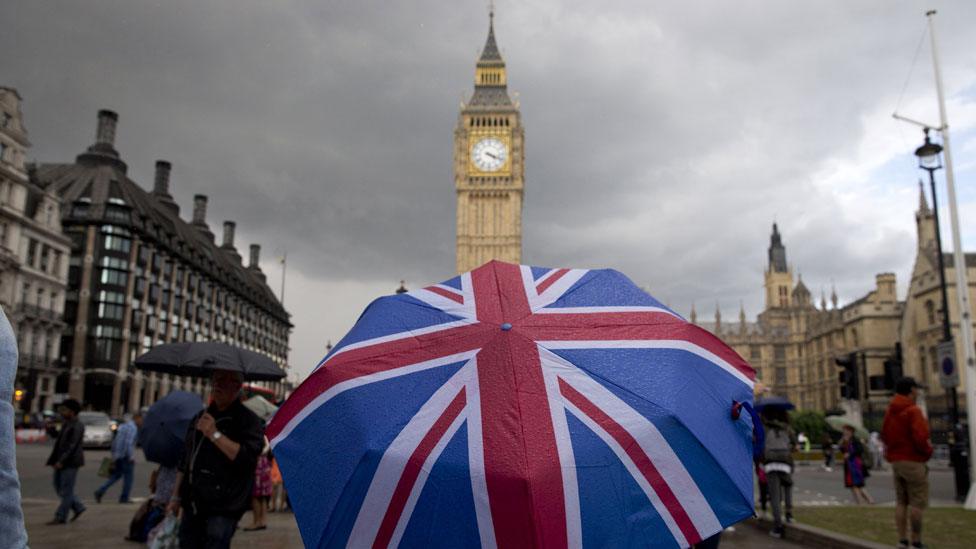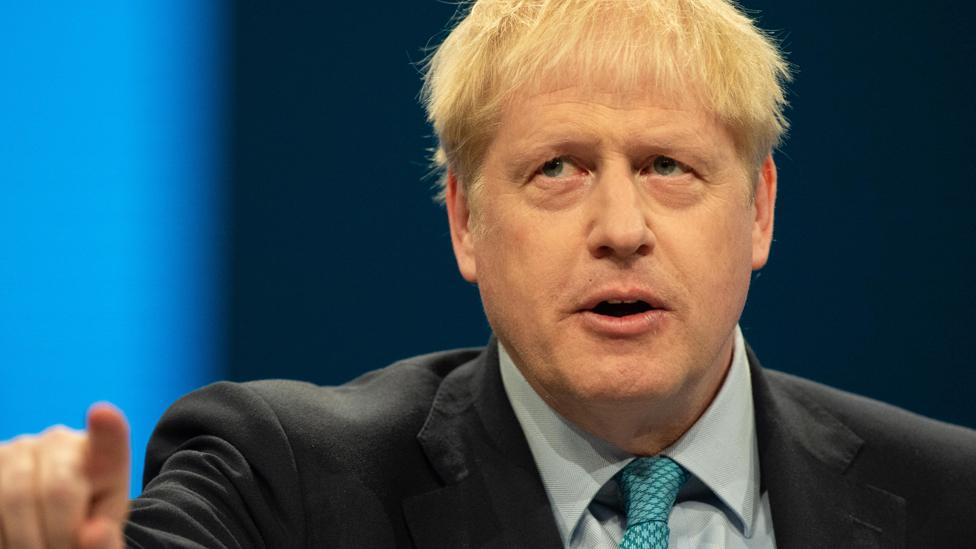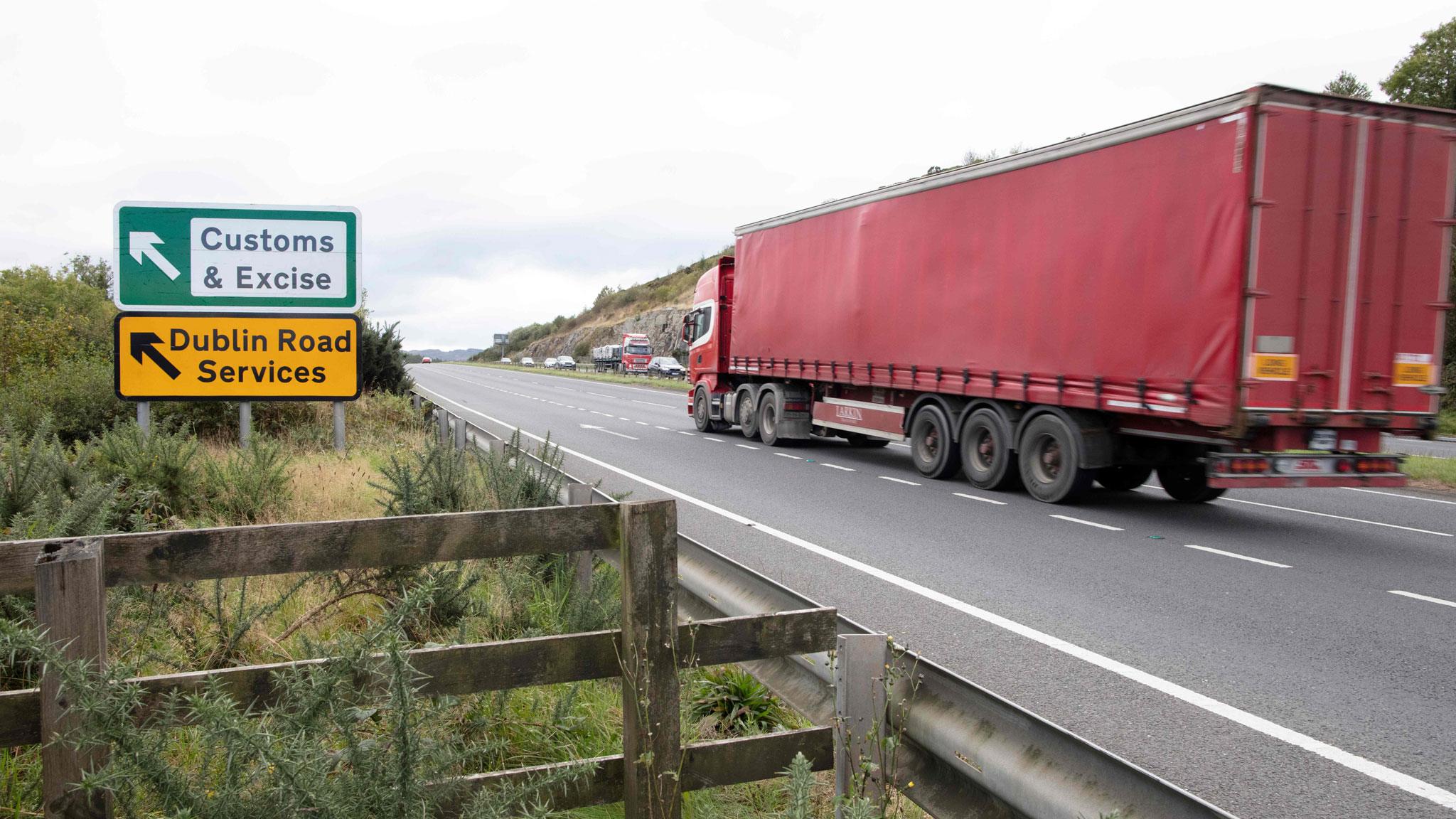The next election: What will the parties promise?
- Published

A doubling in the annual budget deficit, leading in relation to the size of the economy, the highest government debt since the 1960s.
These are the new forecasts of the independent Institute for Fiscal Studies for how a no-deal Brexit is likely to drench the UK's public finances in red ink.
Only on the extraordinary scale of the fiscal collapse of the 2008 financial crisis are these numbers modest. On any ordinary scale they do matter - an annual deficit heading back up towards £100bn, and national debt closer to 90% of GDP for the first time in half a century.
And all this comes at a time where the Institute concludes that the government is no longer taking its own fiscal rules seriously, borrowing more to spend more on public services even as the Treasury approaches its self-imposed limits. The Treasury acknowledged its fiscal framework was under review ahead of a Budget due before the end of the year.
In its Green Budget audit of Britain's, tax, spending and borrowing, the IFS calculates that the government's day-to-day spending plans for public services next year are now close to the levels suggested by Labour's manifesto at the last election in 2017.
If there is an election, the fiscal framing of it will be rather different to the last few. The Conservatives might not be attacking Labour over public spending or not funding their commitments. Labour might be brandishing helpful macroeconomic forecasts from at least some big banks.
These numbers hinge on assessments of the future path of the economy, should the UK leave the European Union with no deal.
The difference between the two now plausible extreme scenarios is an economy over 4% smaller by 2022 under no deal, than if Brexit were to be revoked.

How will Brexit affect the UK economy?
A further delay to Brexit would leave the economy 2.5% bigger by 2022, while a smooth Brexit deal would be 3% bigger, according to the macroeconomic forecasts provided for the IFS by economists at the bank Citigroup.
These researchers have gone further in calculating the path to remaining in the EU lying through a Labour-led Remain alliance government, that could not enact the most radical parts of the Corbynite domestic agenda, but could legislate for a referendum.
In contrast, a no-deal outcome requires a post-election Conservative government. The end result, perhaps surprisingly, is that one of the world's largest banks forecasts a Labour-led Remain government, leading to an economy that is 4% larger than a no-deal Conservative government by 2022.
If the Brexit issue can be parked, the IFS analysis points to some tricky long-term fiscal problems. Health and social care spending is now 42% of central government day-to-day spend, up from 26% two decades ago.
It is heading to close to half, which requires tough decisions on the system or on higher taxes. But no progress has been made on this issue, and many like this, as parliamentary and Whitehall time and effort continues to be dominated by Brexit. In any scenario, it seems difficult to imagine how this will change.
- Published7 October 2019

- Published4 October 2019
- Published2 October 2019

